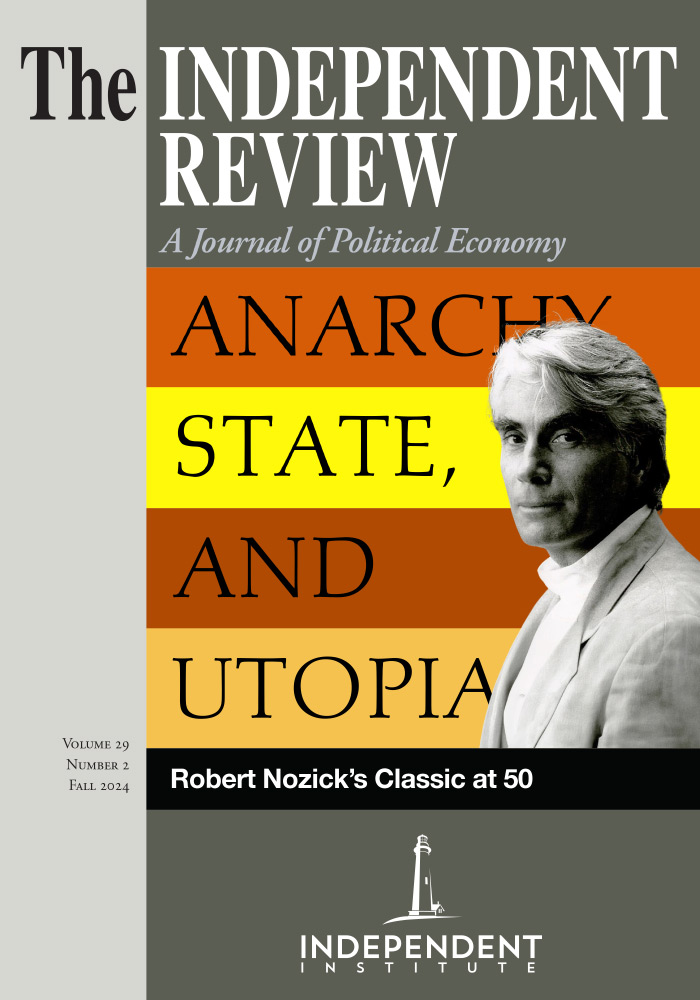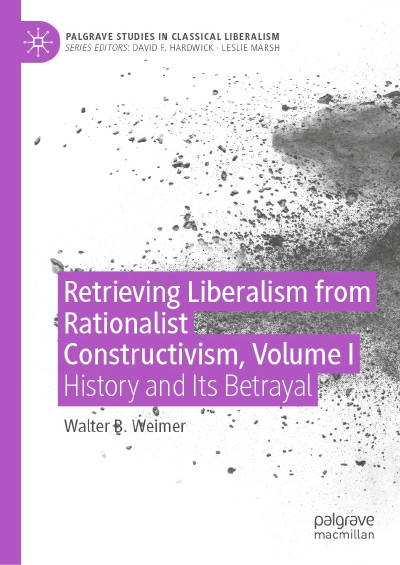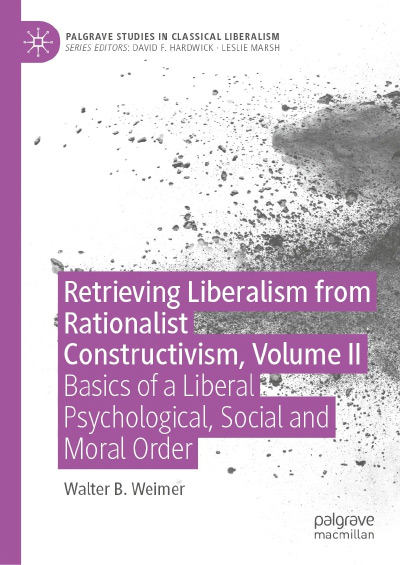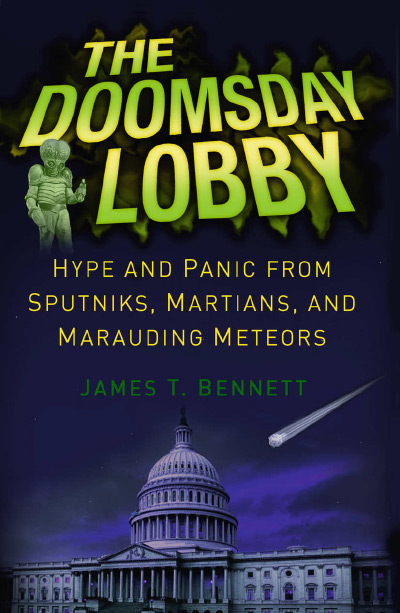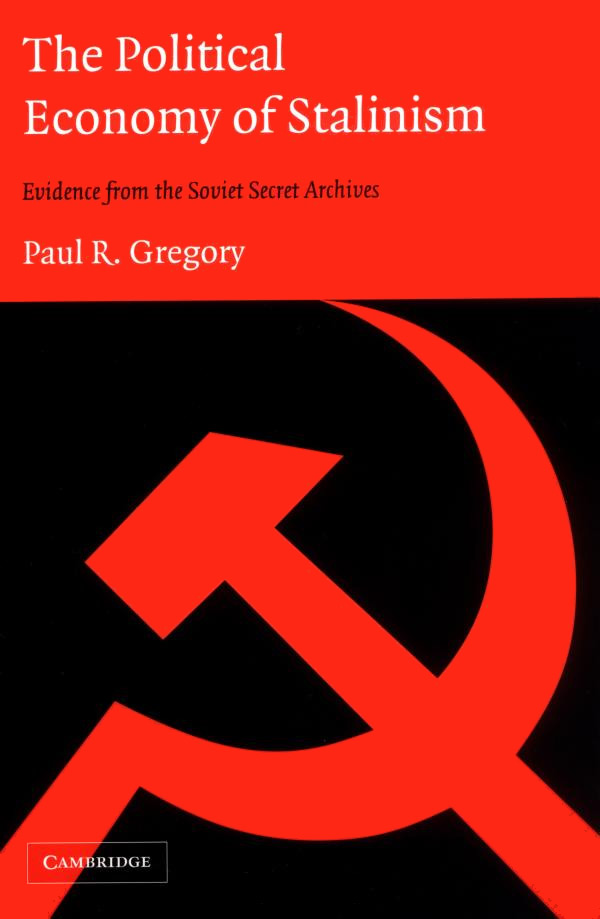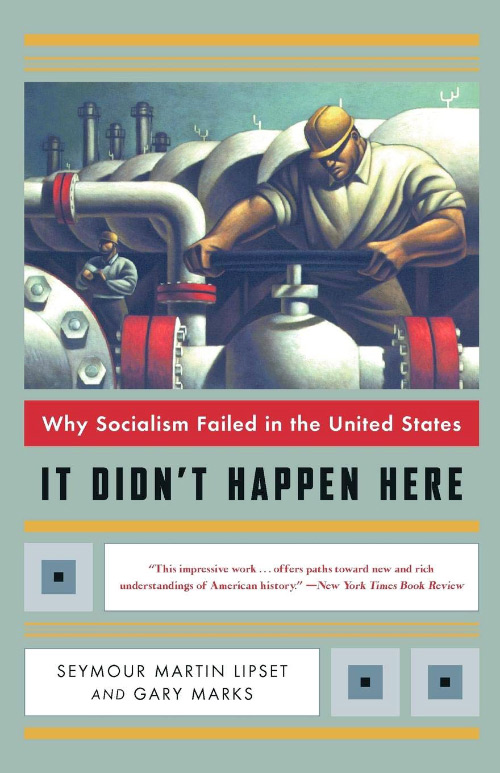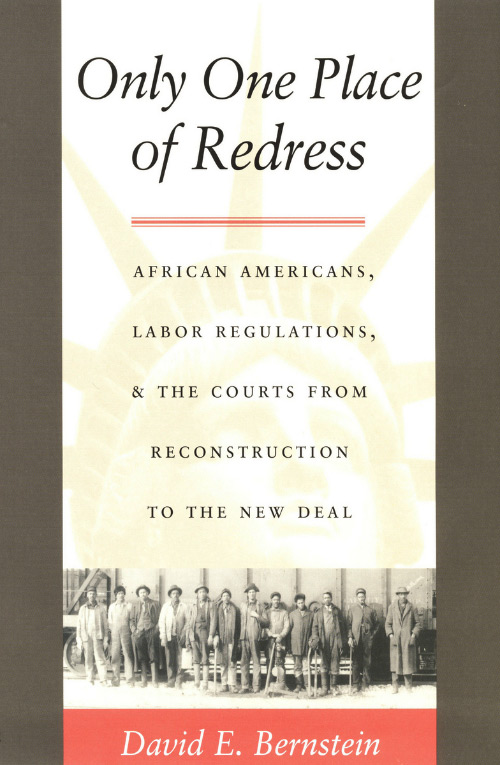This two-volume set has different subtitles for each volume. The first is History and Its Betrayal; the second is Basics of a Liberal Psychological, Social, and Moral Order. Both volumes are dedicated “To the personal and intellectual memory of Friedrich August von Hayek.”
Oddly, the book itself begins with a misquote of Edmund Burke, “Those who don’t know history are doomed to repeat it.” Burke never said this, at least in print; what Burke actually said along these lines is rather more interesting: “People will not look forward to posterity, who never look backward to their ancestors” (Reflections on the Revolution in France, Indianapolis: Liberty Fund, 47–48).
The oddity of this has two facets. First, this phrase is often repeated, giving it the status of an Irish Bull: those who don’t know that Burke never said this are doomed to repeat the mistake of attributing it to him. But second, and less whimsically, what Burke actually said is a better introduction to the useful enterprise on which Weimer embarks in these two volumes.
After all, “history” can be an account of events, and by its nature will emphasize some things and will gloss over others, while ignoring many significant episodes entirely. “Looking backward to their ancestors,” on the other hand, demands that the present generation take the past seriously, and essay to study and learn from the wisdom, norms, and mistakes of those who came before.
The great theme of these volumes is the claim that liberalism, the body of doctrine and wisdom of the West, has been riven into classical liberalism, defended by only a remnant of hoary stalwarts, and Progressivism, a scientific-constructivist band of zealots that grew steadily in numbers and power throughout the twentieth century.
The core problem is the model of “science” applied to humans, and from which humans can (and should) be made to adjust and conform. As Weimer puts it:
[The fatal problem with constructivism] is a particular conception of the nature and power of explicit rationality—a received view (i.e., one that, as a dominant position, is taken for granted) that assigns far more power to conscious reason and explicitly directed or coerced behavior than it is capable of achieving. Politically this conception leads to the view that we can consciously shape and control society and our values to fulfill certain goals by the redistribution of resources and wealth, and the direction of scientific research. As a consequence, this view leads inevitably to the substitution of “social” justice for freedom (or self-direction) and real or individual justice. Psychologically it leads to a conception of humanity as rational epistemic agents who are in control only to the extent that all the factors governing our behavior are made subject to conscious organization and direction by explicit reason. Methodologically, it leads to a method, the scientific method, that leads to proven knowledge claims when correctly applied. (vol. 1, p. ix)
A reader might wonder, “Wait; what’s wrong with science, now?” Well, that depends on what you mean by science, of course. One view of science is that nothing is beyond doubt, everything is subject to question and debate. This view was apparently held by people as diverse as David Hume, Albert Einstein, and Frank Knight, though perhaps for different reasons. Knight argued that society is supported and organized by “relatively absolute absolutes,” a set of practices and customs handed down to us from the past, norms of behavior that have been shown to stand the test of time and to produce workable social interactions and prosperity. We may not know the reasons these norms and practices “work,” but the knowledge that “conventions” such as property rights and judicial independence are effective is valuable. In this view, science is the accumulation of knowledge, but that knowledge is always subject to being questioned and refined.
If that is our conception of science, in fact, then Hayekian “liberalism” is scientific. The idea of spontaneous or emergent order, where norms and customs embody the wisdom of experience, and parameters such as prices in freely-adjusting markets generate information about scarcity and need, is clearly scientific. So far, so good.
But Weimer is objecting to “scientism,” to use a word that was a favorite of Friedrich Hayek. Scientism is a practice, a method, one that embodies the worst form of the Cartesian hubris which claims that we only know things we can explain from first principles. By stripping away all the accumulated wisdom—correct but poorly understood—in tradition and custom, the constructivist is able first to rid the system of “superstition,” and then begin to build a conjectural edifice of scientific propositions. Where real science encourages practitioners to “question everything,” the Progressive Scientistics must outlaw, and possibly even punish, anyone who dares to question their “scientific” conclusions about education, health care, and the need to give large sums of money to purveyors of green energy snake oil.
The first volume is historical, considering how science has often deviated from scientism, to its great benefit and credit, but that social sciences, including economics, have increasingly hewed to the Progressive catechism, becoming captured in the constructivist method and unable to break out and question the basic assumptions of the approach. Volume II gives some predictions and goals for a rebirth of classical liberalism. It is not a foregone conclusion that rational constructivism will win out, but liberalism, of the traditional “classical liberal” sort, has a lot of catching up to do.
| Other Independent Review articles by Michael C. Munger | ||
| Fall 2024 | Tax Turmoil: A Dia Fenner Economic Thriller | |
| Fall 2024 | The Dispersion of Power: A Critical Realist Theory of Democracy | |
| Summer 2024 | Secret Government: The Pathologies of Publicity | |
| [View All (83)] | ||

